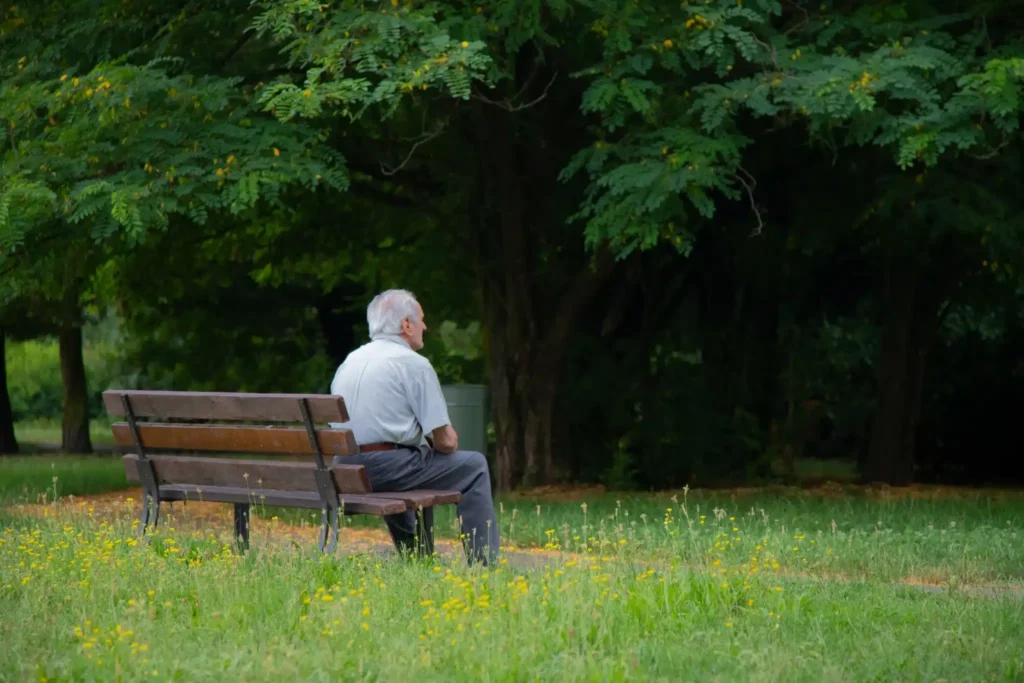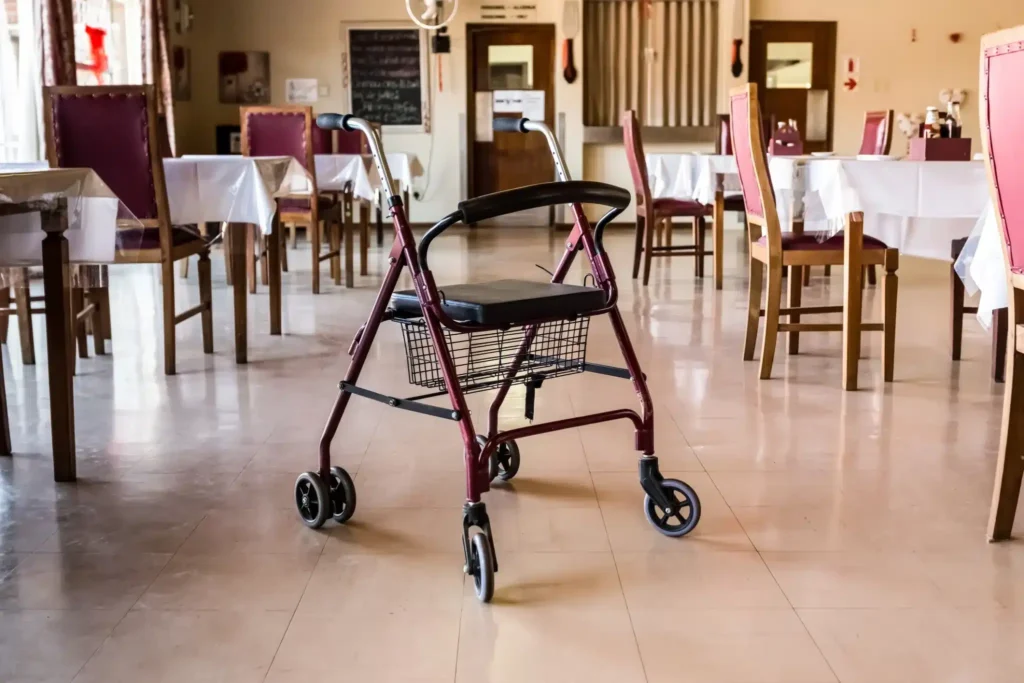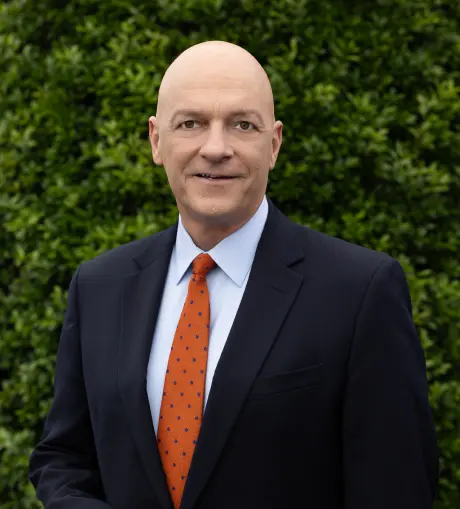
If you suspect your relative is being abused or neglected in their assisted living center or nursing home facility, you may have the right to take legal action. A respected Easley nursing home abuse attorney from Smith Jordan Law can help you explore your legal options. Our Easley, SC personal injury lawyers are ready to bring your loved one’s abuser to justice.
Contact our office for a 100% free consultation today to learn more about how nursing home abuse claims work, who could be sued for negligence, and how much your family could be awarded if your complaint is successful.

The team at Smith Jordan Law works on contingency. Instead of requiring you to put money down or pay an hourly fee, we cover every cost related to pursuing your case for you.
Then, when we win, a percentage of your trial verdict payout or insurance settlement will go toward our attorney’s fees. If we do not win, however, you will not have to pay anything. This gives you a chance to fight for the compensation you deserve without having to worry about putting your finances at risk.
There are several steps you can take to protect your loved one and start building a case against those responsible.
First and foremost, you are going to want to call a dedicated nursing home abuse and neglect lawyer in Easley, SC for help. Once our team at Smith Jordan Law starts working on your case, you can search for another nursing home facility or assisted living center for your family member to move to.
Our legal advocates will then begin investigating to determine whether nursing home abuse or neglect has occurred and gather valuable supporting evidence along the way. We will need to determine whether you have an opportunity to file an insurance claim or bring your nursing home abuse case to trial to recover the compensation your abused family member is entitled to.
Although it is important to start working with a nursing home abuse lawyer from the start, it is equally important to report your suspicions regarding nursing home abuse and neglect to the proper authorities. In South Carolina, there are several government organizations and agencies that should be notified. These might include:
One of the reasons healthcare providers in nursing home facilities can get away with abuse and neglect for so long is that there are so many different types of abuse.
One of the most common and noticeable types of nursing home abuse is physical abuse. This could include hitting, kicking, punching, scratching, and other types of actions that cause physical bodily injury or death. Some telltale signs of physical abuse in nursing homes include unexplained:
Emotional abuse may not be as easily distinguished as physical abuse, but it can be just as impactful, if not more so. Healthcare providers may intimidate, demean, demoralize, or torment your loved one. You may notice signs of social isolation, depression, anxiety, fear, and personality changes if your loved one is being emotionally abused in a nursing home facility.
Sexual abuse is also possible in nursing homes and assisted living facilities. Not only are residents at risk of sexual abuse from their healthcare providers, but they can also be taken advantage of by other patients, janitorial staff, kitchen employees, and other nursing home staff members.
Financial abuse is one of the most common types of abuse to occur in nursing home facilities. If you notice sudden changes to your family member’s financial power of attorney, money missing from their bank accounts, unexplained personal or home equity loans, or checks being written without their permission, your loved one could be suffering from financial abuse.
Physical, financial, emotional, and sexual abuse are not the only ways nursing home residents can suffer. Neglect is equally as devastating. When patients are neglected in nursing homes and assisted living facilities, they can become dehydrated, malnourished, develop bedsores, and suffer severe emotional trauma.

You may be able to file a claim against a South Carolina nursing home if you or someone depending on you was neglected or abused in a nursing home facility. Nursing home residents often include the elderly. Their adult children, personal representatives, adult grandchildren, and other relevant parties may be able to take legal action against those responsible.
When your family member has been abused or neglected in their nursing home facility, they have the right to total financial compensation. Although we cannot take back the trauma, we can ensure your family member is compensated accordingly so they have the funds they need to relocate, cover necessary expenses, and heal from the distress of the situation. Here are some of the most common types of recoverable damages in nursing home abuse and neglect claims:
Economic damages describe financial losses. These can include any out-of-pocket expenses, deaths, and any other costs you and your family may have to pay, including:
Your loved one also has the right to compensation for every other way their life has been affected by abuse or neglect. Some examples of recoverable non-economic damages include:
Punitive damages may also apply in your nursing home abuse or neglect case. Also known as exemplary damages, South Carolina law allows punitive damages to be awarded when defendants are intentionally malicious, egregious, reprehensible, or engage in gross negligence. This means punitive damages are more likely to be awarded in nursing home abuse cases due to the intentional malice of abusers.
There is a multitude of injuries your loved one could sustain after suffering nursing home abuse or neglect. Some of the most common medical conditions our clients have dealt with include:
These are only a few examples of possible injuries nursing home residents can sustain. If your family member was diagnosed with another type of injury or illness, and you are unsure whether you have grounds for legal action, do not hesitate to contact an Easley nursing home abuse attorney at Smith Jordan Law to discuss your legal options in greater detail.
Nearly anyone responsible for your family member’s treatment and care in an Easley nursing home can be sued if they are abused or neglected. Of course, you will want to pursue action against your loved one’s abuser. However, other parties could share liability as well.
The nurse or caregiver responsible for providing for your family member may be held accountable for the abuse or neglect of your loved one. This could be because they are the abuser or have failed to uphold their duty of care.
The nursing home facility is responsible for the actions of its staff. When nurses, caregivers, janitorial staff, administrators, kitchen employees, or other patients abuse or neglect your loved one, the nursing home facility or their parent company could be held accountable.
Our team will conduct a thorough investigation into the abuse or neglect your loved one suffered. If we discover a contractor or third-party trespasser was responsible for your family member’s injuries, illness, or death, we will be prepared to hold them accountable.
Determining fault in a collision can be challenging, sometimes requiring an investigation of the evidence to hold the correct person or entity responsible. Our team knows how to move past initial assessments to discover who should be held accountable.
Very often, another driver displaying unsafe driving habits is responsible for an accident. This scenario is most straightforward in an accident.
Streets, highways, and some sidewalks are often maintained by government entities. Failure to properly manage these routes for drivers and pedestrians can lead to the responsible agency being accountable. Proving this liability is often challenging and benefits from the experience of a car accident lawyer in Easley, SC.
Particularly in accidents involving transport services and company automobiles, determining fault can be extremely frustrating, requiring an in-depth investigation into all parties involved. These can include:
Let Smith Jordan Attorneys at Law sort through the complexities of multifaceted industries to help you secure the compensation you deserve.
The burden of proof in nursing home abuse claims is based on a preponderance of the evidence. Unlike criminal court, where the district attorney is required to prove guilt by a reasonable doubt, in civil court, we merely need to introduce evidence that convinces the jury the defendant is likely responsible for the injuries you sustained. Examples of some of the evidence that will be most valuable include:
Hiring an Easley nursing home abuse attorney to take on your case could be the best decision you make. During this difficult time, you should not have to be burdened by complex legalities. Your personal injury lawyer can handle your case from start to finish. That way, you can begin interviewing new nursing home facilities and get your loved one the physical, emotional, and financial support they need to put this traumatic experience behind them.

Speak with Our Skilled Legal Team About Your Case

If you or someone you love has been taken advantage of, neglected, or abused while living in a nursing home care or assisted living facility, you may have the right to take legal action against them. With help from a respected Easley nursing home abuse attorney at Smith Jordan Law, you can hold them accountable.
Demand justice and hold the abuser and other at-fault parties accountable to the fullest extent of the law. Schedule a free, no-obligation consultation to learn more about which legal options are best suited for your case. You can reach us by phone at (864) 343-2222 or through our convenient contact form to claim yours as soon as today.